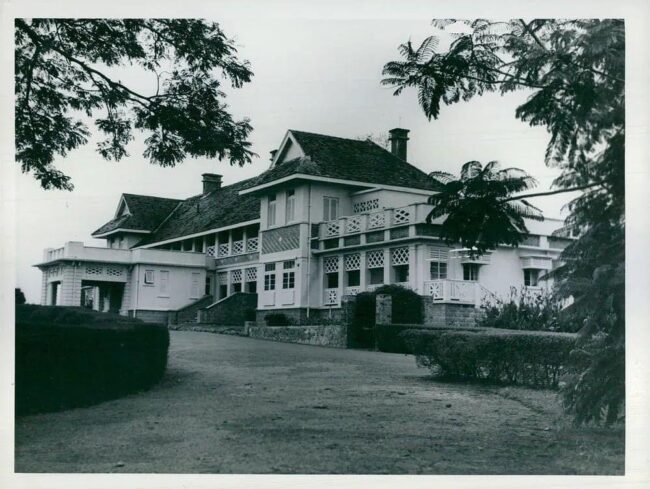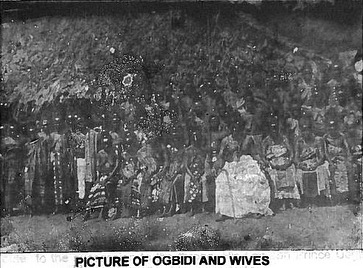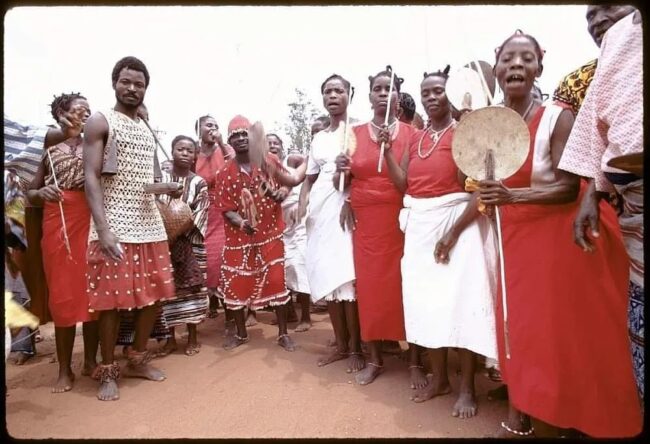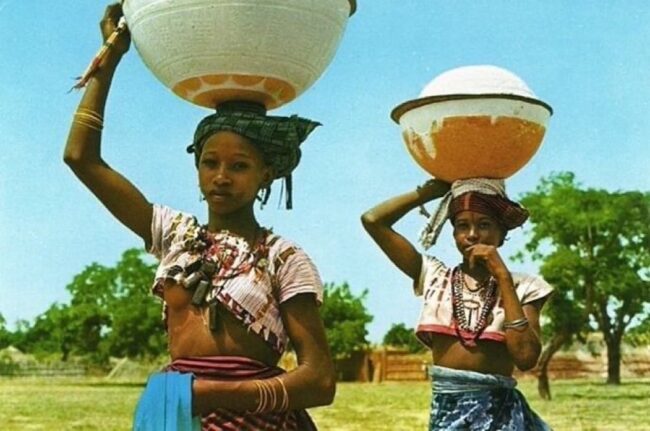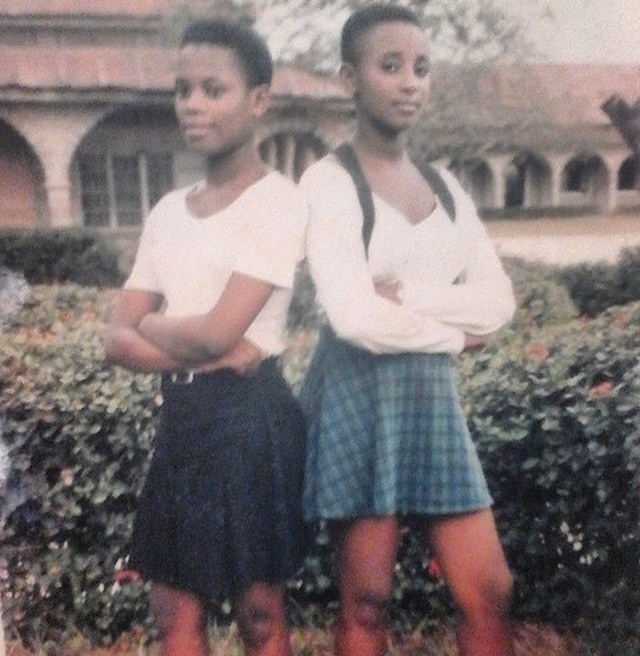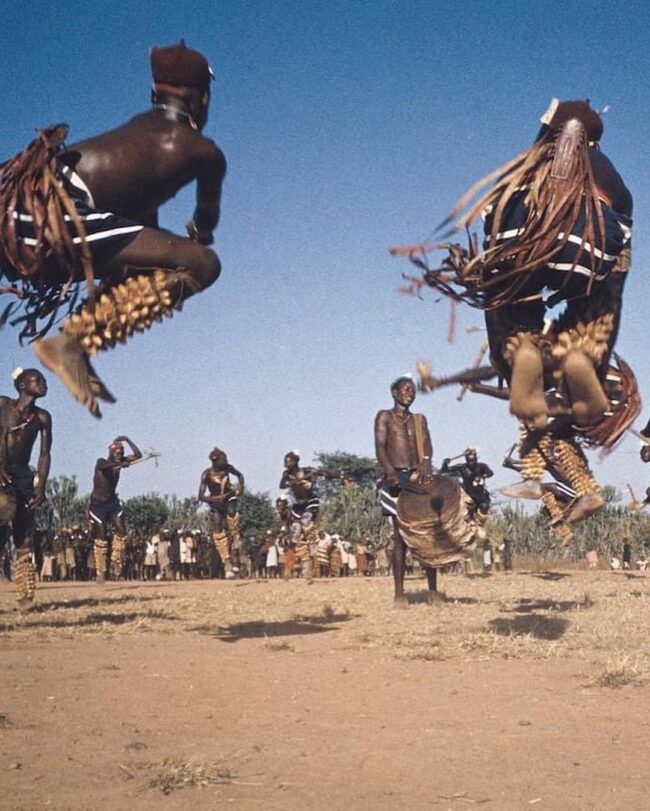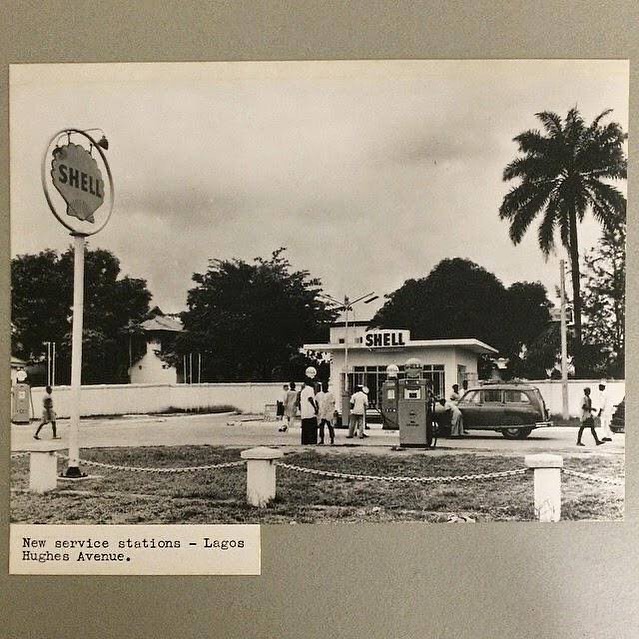Oba Ewuare established laws of mourning in 1460 that forbade cooking, bathing, drumming, dancing, and sexual relations. Many residents found these regulations to be overly burdensome, and as a result, they left the kingdom and relocated to Esanland. In addition to influencing Esanland’s contemporary cultural identity, this migration gave rise to the term “Esan,” which means “refugee.” This notion has received strong backing from oral tradition. Recollections of this movement have been gathered by eminent Esan and Edo historians. Before European settlers arrived, the Esan people were referred to by the title “Esan” for thousands of years. Many historians believe that Bini is the source of the word “Esan” (originally pronounced “E san fia”), which means “they have fled” or “they jumped away” from an uncomfortable system. Because the name of this ethnic group was difficult for colonial Britain to pronounce correctly, the word “Esan” was Anglicized into “Ishan.” Similar corruption is thought to have impacted Esan names like Abhuluimẹn (now ‘Aburime’), Uloko (now ‘iroko’ tree), and Ubhẅkhẹ (now ‘obeche’ tree), among others. In the sixteenth century, the Uzea War broke out. The Benin Kingdom and the Uromi Kingdom fought each other in this conflict. The conflict, which raged from 1502 to 1503, was brought on by Onojie Agba of Uromi’s rejection of friendship from Oba Ozolua of Benin. When both leaders were slain at the town of Uzea, the conflict came to an end. But during tranquil periods, like the Idah War of 1515–1516 and the sacking of Akure in 1823, Esan kingdoms would provide men to the Benin Kingdom. Having already taken over the territory of the Kukuruku people, the Muslim Nupe people repeatedly raided and ravaged northern Esanland during the nineteenth century in an effort to find slaves and converts to Islam. Numerous southern Esan kingdoms participated in the fight to repel the Nupes. The Nupe and Etsako warriors were taken into the Esan cities where their descendants still live, thanks to the victories in the fights that favored the Esans. As the English desired palm products in the nineteenth century, Europe’s influence over Esanland increased. The Benin Empire was sacked by the British in 1897, so freeing the Esans from British domination. The British launched a seven-year invasion of the Esan kingdoms in 1899. Because of its considerable autonomy, Esanland proved to be more difficult…

